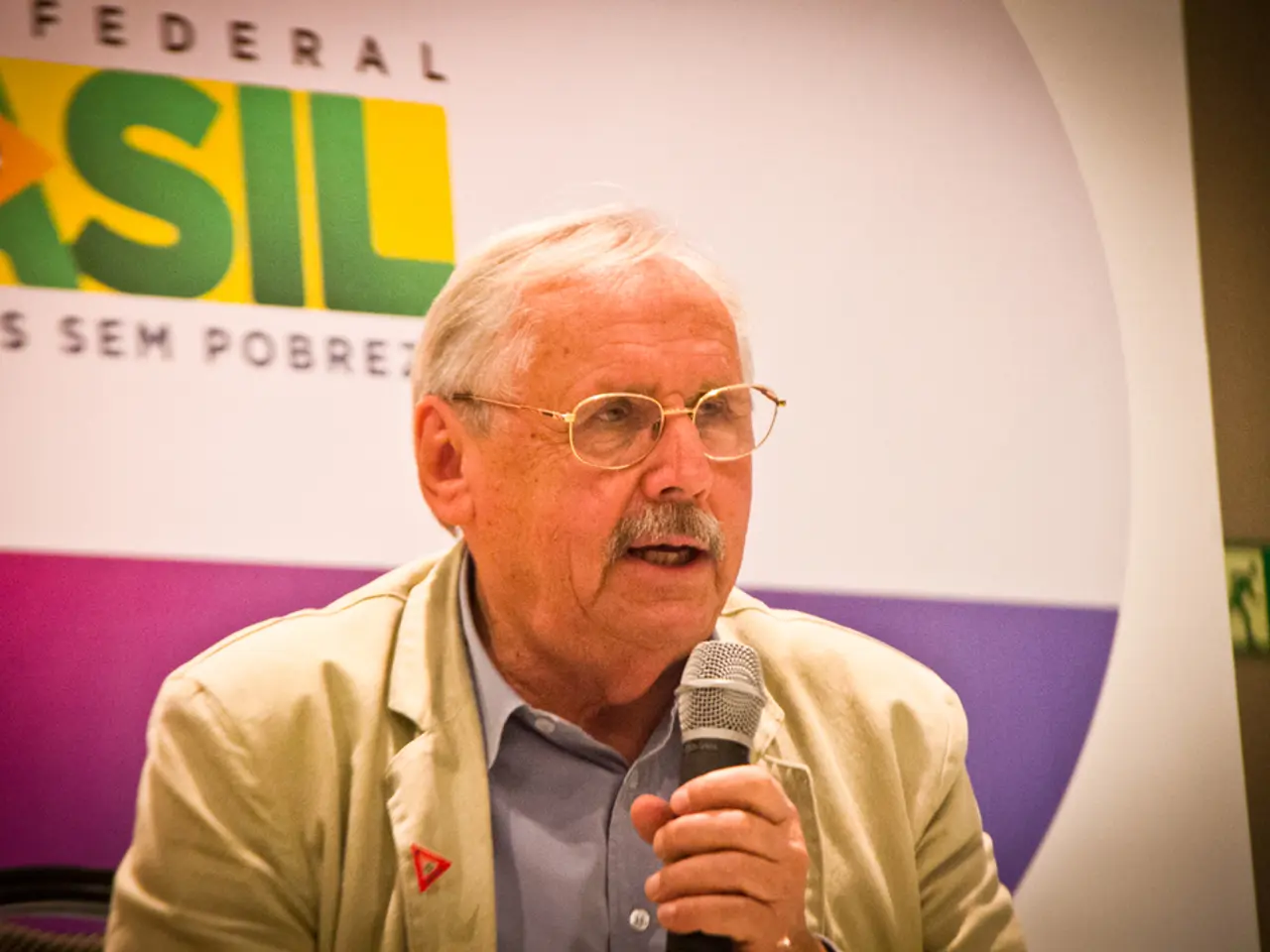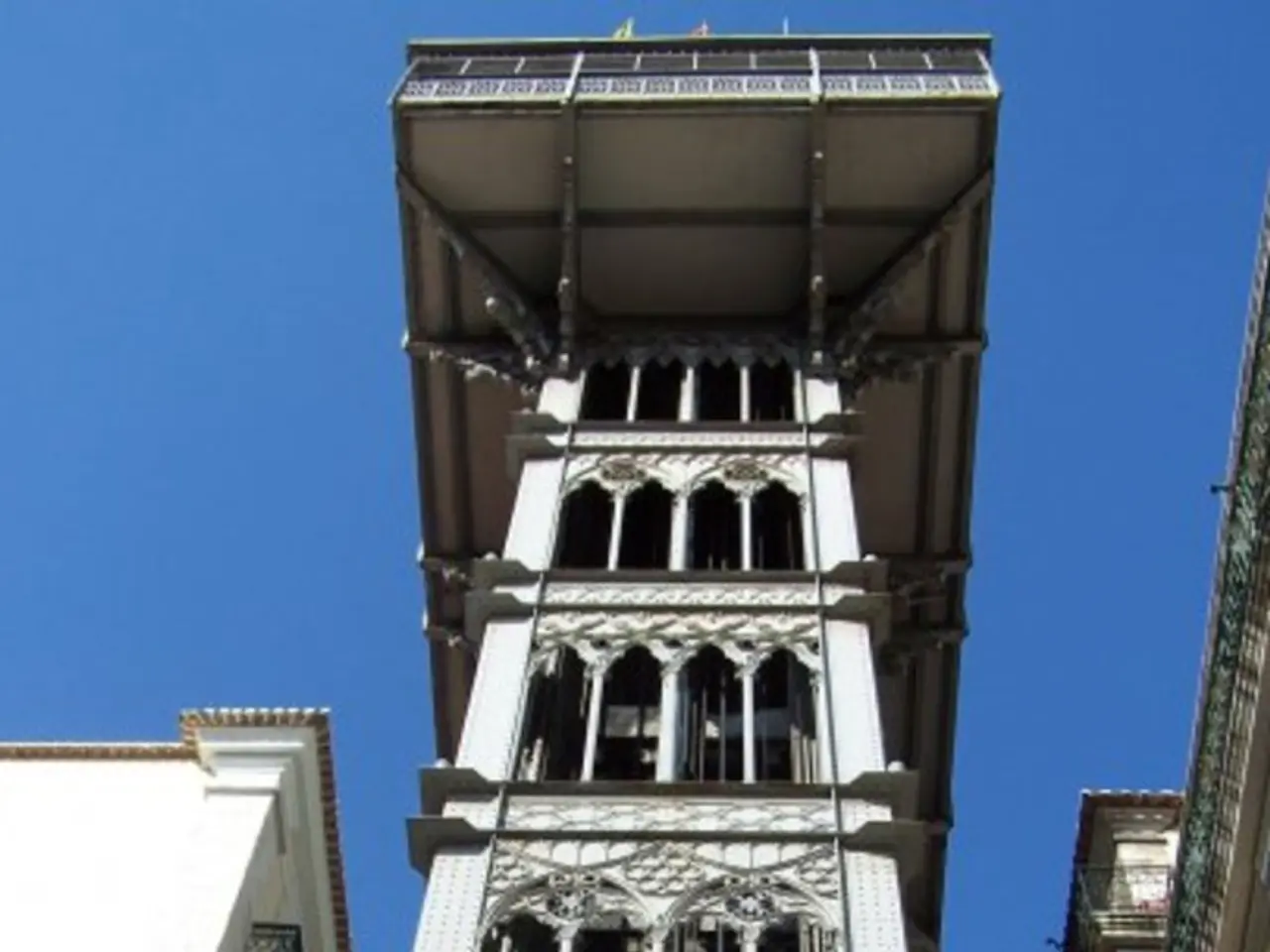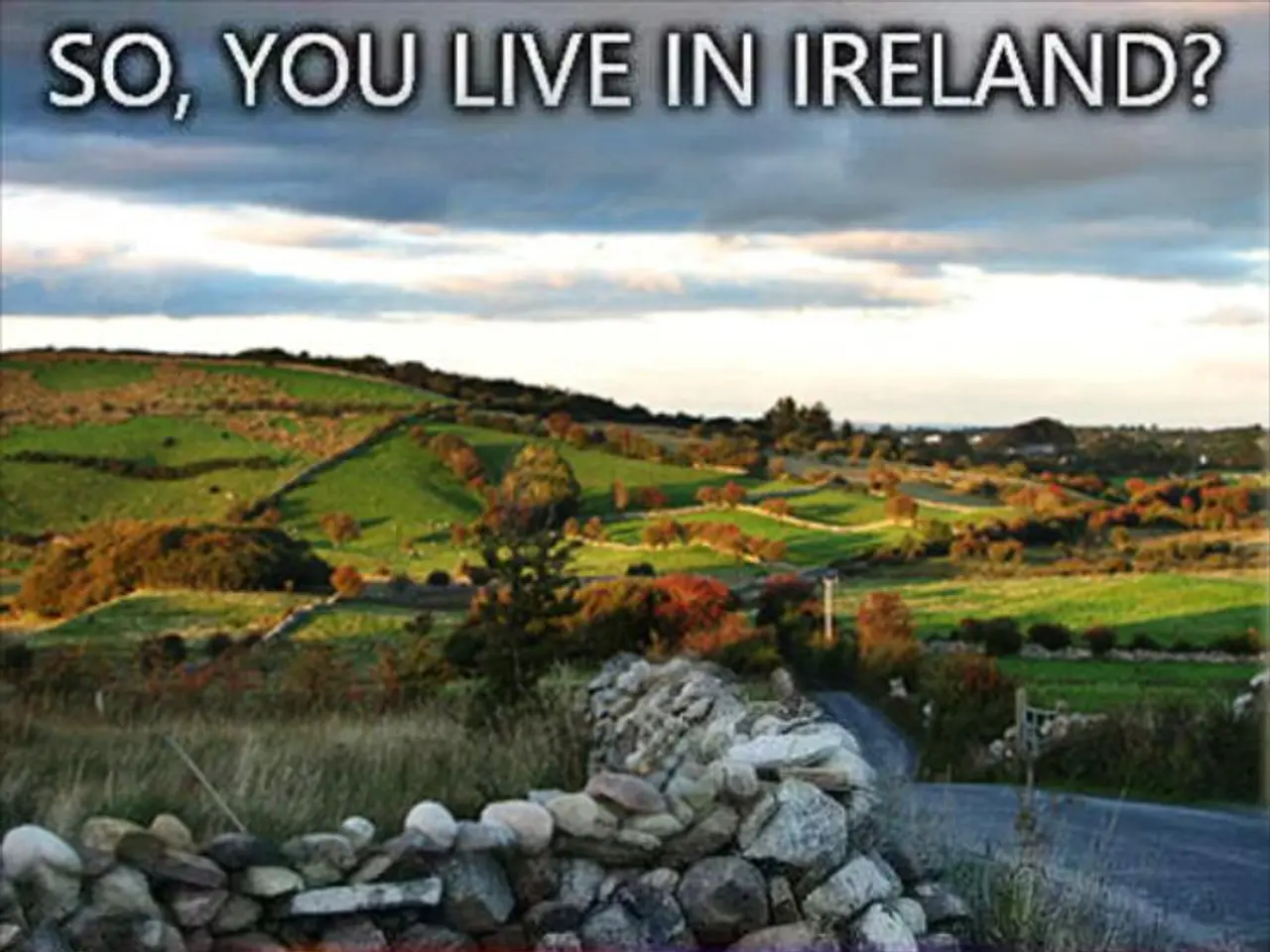Diplomats Fidan and his Saudi counterpart deliberate on the establishment of a Palestinian state
In the realm of global politics, the recognition of Palestinian statehood is a topic of ongoing debate and discussion. While some countries have taken significant steps towards this recognition, others remain hesitant due to political concerns.
As of August 2025, 147 out of 193 UN member states have formally recognized the State of Palestine. Among major economies, 10 G20 countries recognize Palestine, including Argentina, Brazil, China, India, Indonesia, Mexico, Russia, Saudi Arabia, South Africa, and Turkey. However, none of the G7 countries currently recognize Palestine, though the UK and France plan to do so in September 2025[1].
The reluctance of G7 countries largely stems from fears that recognition might reward Hamas or complicate efforts toward a two-state solution. U.S. officials have expressed skepticism about the two-state framework and have proposed alternative approaches, including controversial ideas such as U.S. control over Gaza, which have been widely condemned internationally[1].
The UK government, however, has prioritized facilitating aid delivery to Gaza and working towards the release of hostages. Sir Keir Starmer, the UK's Foreign Secretary, has stated that the UK's focus is on addressing the humanitarian challenges in Gaza due to the Israeli blockade[1].
Meanwhile, in Syria, Turkey has played a key role in establishing a cease-fire following Israeli airstrikes in Damascus, Suwayda, and Daraa. Turkey also views Syria as a neighbor it intends to stand by during its reconstruction and reintegration into the international community[1].
France, as a heavyweight in the EU, is set to become the first major Western power to recognize a Palestinian state at the United Nations General Assembly. This move comes within the framework of a resolution adopted by the U.N. General Assembly[1].
Recent developments in the recognition of Palestinian statehood have been met with support. Last week, French President Emmanuel Macron announced France would officially recognize a Palestinian state at the United Nations General Assembly in September. This announcement was welcomed by Turkey, as well as other countries such as Britain, Canada, and others[1].
In a related development, Foreign Minister Hakan Fidan and Saudi Foreign Minister Prince Faisal bin Farhan Al Saud discussed the recognition of Palestinian statehood in a phone call on Friday. Ten Arab countries, along with Turkey, have also reiterated their commitment to Syria's sovereignty, unity, stability, and security[1].
As these developments unfold, the Middle East continues to grapple with complex political and humanitarian issues. The international community's approach to these issues will undoubtedly shape the region's future.
[1] Source: Reuters, BBC News, and The Guardian.
- Turkish Foreign Minister, Hakan Fidan, has played a role in establishing a cease-fire in Syria following Israeli airstrikes, and also has reiterated Turkey's commitment to stand by Syria as a neighbor during its reconstruction and reintegration into the international community.
- France, as a influential EU member, is set to become the first major Western power to recognize a Palestinian state at the United Nations General Assembly, a move supported by Turkey, Britain, Canada, and others.
- Amid these political developments in the Middle East, the ongoing recognition of Palestinian statehood is a topic of debate and discussion, with some countries like Turkey taking steps towards recognition, while others, such as G7 countries, may remain hesitant due to political concerns.







